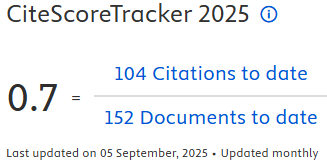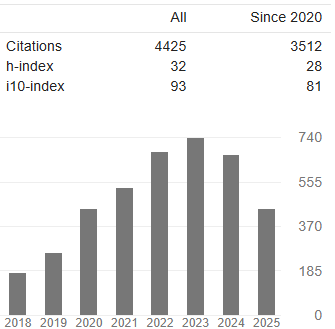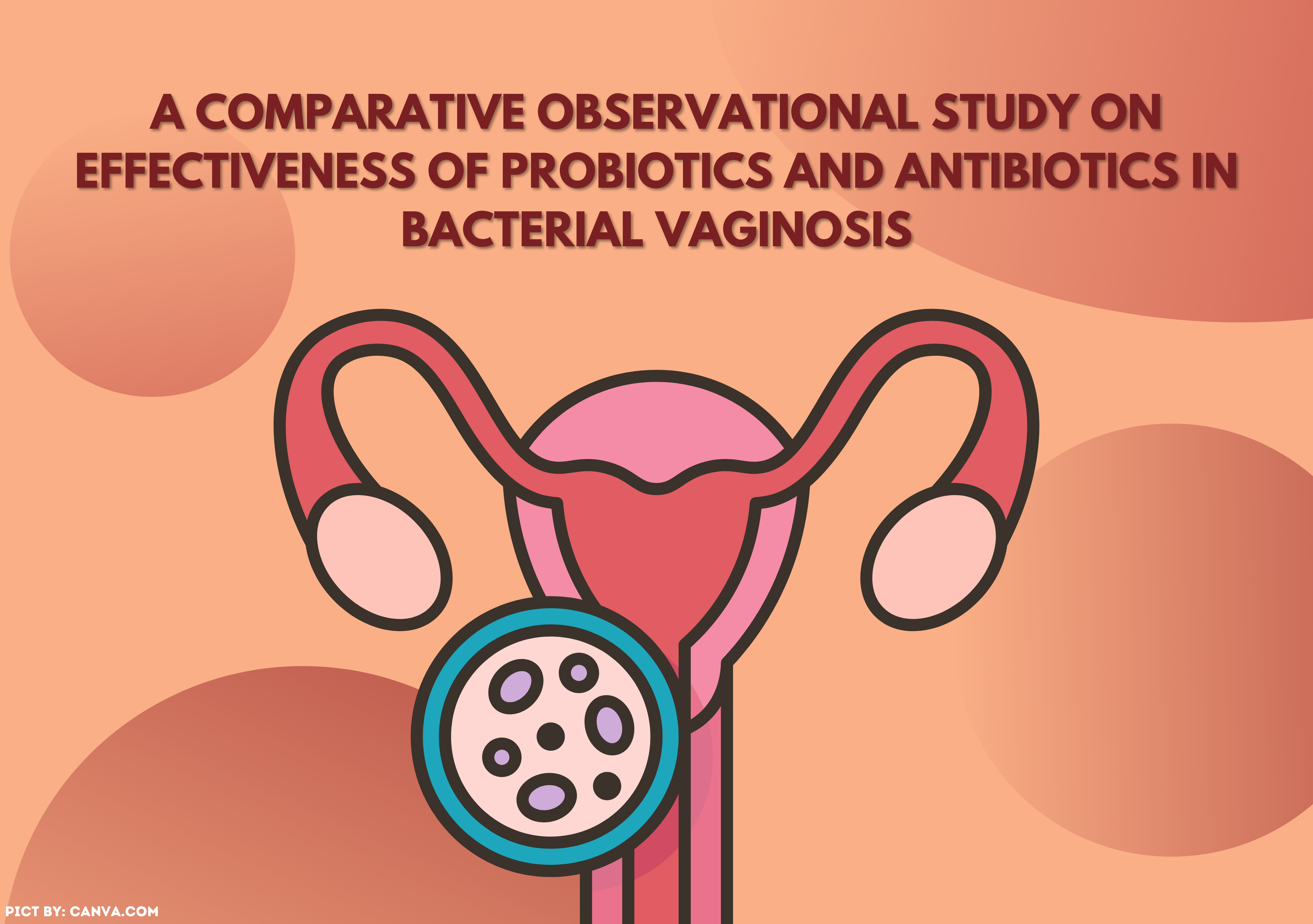HUBUNGAN JUMLAH KUNJUNGAN ANC DAN STIGMATISASI DENGAN KEIKUTSERTAAN IBU HAMIL DALAM TES HIV SETELAH KONSELING OLEH PETUGAS KESEHATAN (Di Wilayah Kerja Puskesmas Turi Lamongan)
Downloads
HIV AIDS is considered as global threat due to the adverse impacts it brings to all sectors. The number of person with HIV-AIDS increases both in men and women. For pregnant women, HIV is not just a threat to the mother but also for the infant, therefore as to prevent the transmission and complication during pregnancy, screening should be made through an HIV test. The purpose of this study was to analyze the relationship between the number ofantenatal care and stigmatization on participation of pregnant women for HIV testing after counseling by Health Workers in the working area of Turi Public Health Center, Lamongan. This study applied cross sectional study. The population in this study consisted of 80 pregnant women. Simple random sampling was chosen for Sampling Technique and it was obtained as many as 42 respondents. Data collection was done using a questionnaire and interviews. Data were analyzed using frequency distribution tables and chi square test with significance level of 5% (p = 0.05). The results revealed that from as many as 42 pregnant women who made antenatal visit > 4 times, 100% of these pregnant women did not take HIV test while pregnant women who made only 2–4 times antenatal visit was as many as 16 individuals (64%) took the test, and only one pregnant woman who took the test on the first visit. Pregnant women who did not have the stigmatization, 100% took the HIV test. Statistical analysis showed no correlation between the number of antenatal visits (p = 0.000) and stigmastization (p = 0.000) of pregnant women for HIV testing after counseling by Health Workers. It is necessary to increase the provision of information and education for the pregnant women through health promotion concerning the importance of HIV testing and antenatal visits to the Health Care.
Keywords: HIV test, Number of antenatal care, Stigmatization
Afiyanti, Y. 2004. Studi fenomenologi tentang pengalaman wanita di daerah pedesaan dalam menjalani masa kehamilan pertama.
Jurnal Keperawatan Indonesia
Badan Penelitian dan Pengembangan Kementerian Kesehatan RI. (2013).
Riset Kesehatan dasar 2013. Jakarta: Kemenkes RI
Departemen Kesehatan RI. 2006. Pedoman pelayanan Konseling dan Testing HIV/AIDS Secara Sukarela (Vouluntary Counsellingand Testin) Jakarta :Depkes RI
Dinkes Jatim, 2012, Profil Kesehatan Provinsi Jawa Timur Tahun 2012, Surabaya: Dinkes Jatim
Fanta, W. dan Worku, A. 2012. Determinants for refusal of HIV testing among women attending for antenatal care in Gambella Region, Ethiopia, (Reproductive Health, 9:8) Available from : healthjournal.com/
content/9/1/8 (Accessed 2016, January 03).
Fernandez, M.I., Wilson, T.E., Ethier, K.A., Walter, E.B., Gay, C.L., Moore,
J. (2000). Acceptance of HIV Testing During Prenatal Care”, (Public Health Reports September-October 2000, 460 Volume 115), Available From : http://www.ncbi.nlm.nih.gov/pmc/articles/PMC1308602/pdf/pubhealthrep00020- 0066.pdf (Diakses: 03 Januari 2016)
Karen Glanz at al, 2008, Health Behavior and Health Education (Theory, Research and Practice), San Francisco: Jossey-Bass Kementerian Kesehatan RI, 2010, Pedoman Pelayanan Antenatal Terpadu, Jakarta:
Direktur Jenderal Bina Kesehatan Masyarakat
Kementerian Kesehatan RI. 2012. Pedoman Nasional Pencegahan Penularan HIV Dari Ibu ke Anak (PPIA), Jakarta: Kementerian
Kesehatan RI
Kementerian KesehatanRI. 2013. Pedoman Nasional Tes dan Konseling HIV dan AIDS, Jakarta: Kementerian Kesehatan RI
Kementerian Kesehatan RI. 2013. Permenkes RI Nomor 5 Tahun 2013 (Pedoman PPIA)
Kementerian Kesehatan RI. 2013. Permenkes RI Nomor 21 Tahun 2013 (Penanggulangan HIV AIDS)
Komisi Penanggulangan AIDS Nasional, 2010. Strategi dan Rencana Aksi Nasional Penanggulangan HIV/AIDS 2010-2014. Jakarta: Kementerian Koordinator Bidang Kesejahteraan Rakyat RI
Malaju, M.T. dan Alene, G.D. 2012. Assessment of utilization of providerinitiated HIV testing and counseling as an intervention for
prevention of mother to child transmission of HIV and associated factors among pregnant women in Gondartown, North West Ethiopia, (BMC Public Health. 2012;12:226)Availablefrom:http://www.ncbi.nlm.nih.gov/pmc/
articles/PMC3350437/?tool=pmcent ez&report=abstract (Diakses: 03 Januari 2016)
Manuaba, (2007). Pengantar Kuliah Obstretri. Jakarta: EGC
Reni. 2015. Hubungan Stigma HIV/AIDS pada Ibu Rumah Tangga dengan Minat Melakukan VCT di Kelurahan Kricak Tegalrejo. Jurnal Ilmiah (Diakses 03 Januari 2016)
Paoli, De M.M., Manongi, R., Klepp, K.I. 2004. Factors influencing acceptability of Voluntary Counselling and HIV-testing Among Pregnant Women in Northern Tanzania (AIDS CARE (May 2004), Vol. 16, No. 4, pp. 411_/425) Available from : http://www.tandfonline.com/doi/abs/10.1
/09540120410001683358#.Uuxp_T1 _t1g (Diakses: 03 januri 2016)
PS, T.Legiati., Shaluhiyah, Z., Suryoputro, A. 2012. Prilaku Ibu Hamil untuk Tes HIV di Kelurahan bandarharjo dan Tanjung Mas Kota Semarang, Jurnal PromosiKesehatan Indonesia Vol, 7/No.2/Agustus 2012 Available from:ejournal.undip.ac.id/index.php/jpki/article/download/5560/4942 (Diakses: 03 Januari 2016).
Sari, Ponco Indah Arista. 2016. Faktor yang Mempengaruhi Keikutsertaan Ibu Hamil Dalam Tes HIV (Human Immunodeficiency Virus) Setelah Mendapat Konseling Oleh Petugas Kesehatan. Tesis.Fakultas Kesehatan Masyarakat Universitas Airlangga Surabaya.
Sarwono, S., (2007) Sosiologi Kesehatan. Gajah Mada University Press.
Yogyakarta
UNAIDS, 2007. Reducing HIV Stigma and Discrimination: a critical part of national AIDS programmes A resource for national stakeholders in the HIV response. Diakses pada tanggal 03 Januari 2016; http://data.unaids.org/pub/Report/2008/JC1521 _stigmatisation_en.pdf
UNAIDS, 2013, Global Report(UNAIDS report on the global AIDS Epidemic)
Varney. (2010). Buku Saku Kebidanan. Jakarta: EGCWidoyono, Penyakit Tropis (Epidemiologi, Penularan, Pencegahan dan Pemberantasannya), 2011, Semarang: Erlangga
Worku, G. 2005. "Factors Determining Acceptance of Vouluntary HIV Testing Among Pregnant Women Attending
Antenatal Clinic at Armed Force Hospitals in Addis Ababa (tesis). Addis Ab
- The authors agree to transfer the transfer copyright of the article to The Indonesian Journal of Public Health effective if and when the paper is accepted for publication.
- Authors and other parties are bound to the Creative Commons Attribution-NonCommercial-ShareAlike 4.0 International License for the published articles, legal formal aspect of journal publication accessibility refers to Creative Commons Attribution-NonCommercial-ShareAlike 4.0 International License (CC BY-NC-SA), implies that:
- Attribution ” You must give appropriate credit, provide a link to the license, and indicate if changes were made. You may do so in any reasonable manner, but not in any way that suggests the licensor endorses you or your use.
- NonCommercial ” You may not use the material for commercial purposes.
- ShareAlike ” If you remix, transform, or build upon the material, you must distribute your contributions under the same license as the original.































